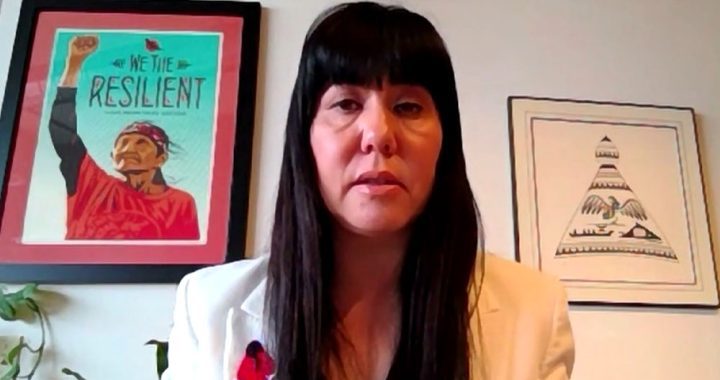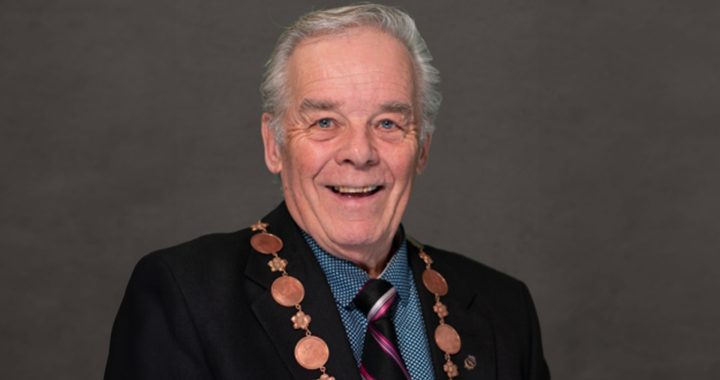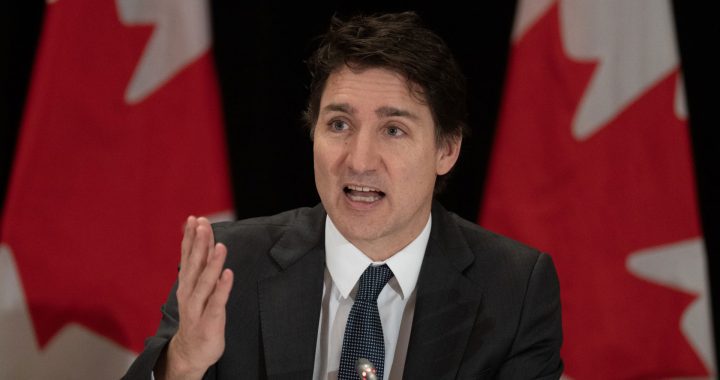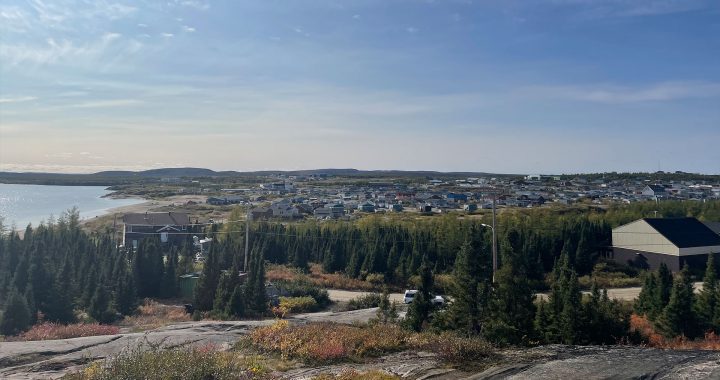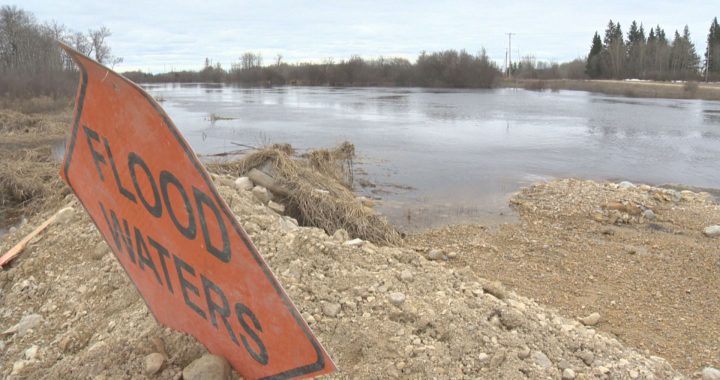
A new study published in the Canadian Medical Association Journal shows a concerning trend about the effect of systematic racism on First Nations health. According to the study, First Nations patients disproportionately leave emergency departments without being seen, or against medical advice.
This study builds on previous peer-reviewed studies that show that nearly seven per cent of First Nations patient’s visits to an emergency department end in them not receiving care. For non-Indigenous patients that number is around four per cent.
First Nation participants in the study raised a number of reasons why they leave without receiving care.
“One physician tells a story about a colleague being on a racist rant where a patient can overhear them and that patient getting up and leaving the emergency department,” Patrick McLane, the lead author of the study told APTN News.
Read More:
‘It was so scary’: First Nations woman records treatment in southern Alberta hospital
Mother gives birth to stillborn child and given the wrong baby to bury
Systemic racism in healthcare
McLane, who is an adjunct associate professor at the University of Alberta, said that he hopes that the study shows healthcare providers that there is an issue with racism in the system.
“This is one more data point showing the issues and how anti-Indigenous, systemic racism in the healthcare system is creating a disparity,” said McLane.
“Patients talk to their being stereotyped to substance using so in addition to all the other reasons that a person might leave an emergency department like poor communication or a long wait, there’s this added factor of racism,” he said.
McLane said that after controlling for variables such as other patient demographics, geography or type of diagnosis, First Nations status was the only apparent explanation for the difference.
Training interventions needed
“We are working on some education [in the form of] simulation training. So the same way a provider would practice CPR or resuscitation skills they can practice how they would have a conversation with a colleague who seems to be acting on anti-Indigenous prejudice,” said McLane.
Although the research was conducted in Alberta, McLane says the findings likely apply to emergency department visits across Canada.
With files from the Canadian Press





